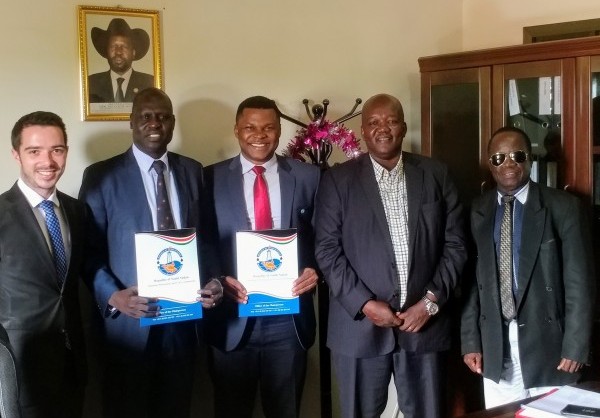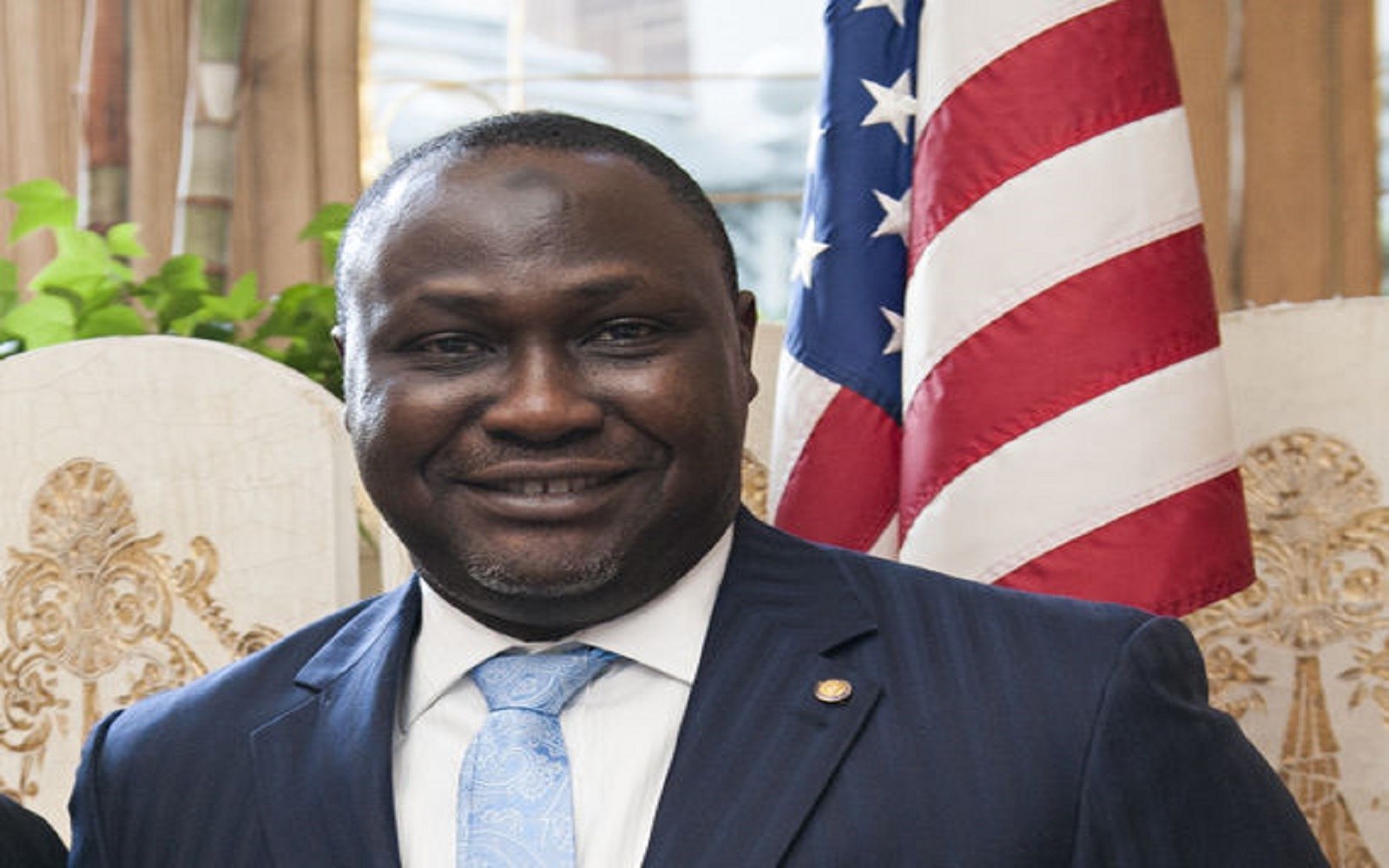African Development Bank and South Sudan Recruit Pan-African Centurion Law Group to Strengthen Capacity in the Oil & Gas Sector
Following an open tender and a highly competitive international bidding process, the African Development Bank through its African Legal Support Facility (“ALSF”) and the National Petroleum and Gas Commission, representing the government of the Republic of South Sudan, selected the Centurion Law Group to build capacity in the Republic of South Sudan’s oil and gas sector.
The project is a result of the ALSF’s commitment to foster legal and technical best practices and transparency across South Sudan’s oil & gas value chain. It will focus on providing specialized capacity building training to officials from the National Petroleum and Gas Commission, including the development of best practice procedures for the negotiation, evaluation, and monitoring of contracts in the oil and gas sector.

As South Sudan continues to increase oil production – its most important export commodity – and attract foreign investment into its oil & gas sector, this project will enhance the National Petroleum and Gas Commission’s ability to fully exercise its functions as a regulator and a facilitator in the oil sector.
As per the South Sudan Petroleum Act of 2012, the National Petroleum and Gas Commission notably provides general policy direction with respect to petroleum resources, acts as a supervisory body in matters relating to petroleum resource management, approves all petroleum agreements on behalf of the Government and ensures that they are consistent with the Act.
“The National Petroleum and Gas Commission is a key institutional pillar of South Sudan’s oil & gas sector,” declared Hon. Caesar Oliha Marko, Chairperson of the Commission. “We are delighted to be working with a reputable firm like Centurion to enable our country’s oil industry to meet its obligation to our citizens and investors. Building capacity is key to us ensuring that we deliver on the promise of making oil work for everyone in South Sudan”.
The project will notably focus on reviewing South Sudan’s existing legal and fiscal framework and ensure the transfer of skills and know-how to the government’s representatives and experts.
“It is a real honor to have been selected for this project with the Petroleum Commission,” declared Nj Ayuk, CEO of the Centurion Law Group. “Local content development and domestic capacity building are at the core of everything we do as a firm. We take this project as a unique opportunity to contribute to the development of South Sudan and Africa’s oil industry in general. We are grateful to the African Development Bank and the Republic of South Sudan for entrusting us with this responsibility.”
“As a team, we truly believe in the role the National Petroleum and Gas Commission has in shaping the future of South Sudan’s oil & gas sector,” said Glenda Irvine-Smith Centurion’s Director of Business Development & International Relations, who will coordinate the project on behalf of Centurion.
“South Sudan in East Africa’s most mature petroleum province with the potential to double its current output of over 150,000 b/d in the next five years. Through CenturionPlus, our lawyers and experts on-demand platform, we will mobilize the best African and international experts for the benefit of South Sudan. We are honored to have been entrusted by the Commission and the African Development Bank to accompany South Sudan in this journey.”
Kelechi Deca

Kelechi Deca has over two decades of media experience, he has traveled to over 77 countries reporting on multilateral development institutions, international business, trade, travels, culture, and diplomacy. He is also a petrol head with in-depth knowledge of automobiles and the auto industry.



